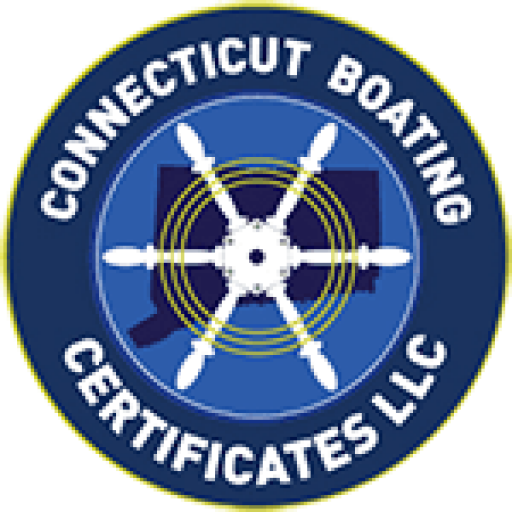Call: 1-800-832-7191
USCG Stops a Submarine
USCG Stops a Submarine Carrying 17,000 Pounds of Cocaine The USCG Stops a Submarine operation stunned the world when Coast Guard members intercepted a narco-sub in the Eastern Pacific. This dramatic bust involved a moving semi-submersible vessel packed with 17,000 pounds of cocaine worth over $232 million. Because drug traffickers use stealthy submersibles to avoid detection, the Coast Guard trains extensively for …
